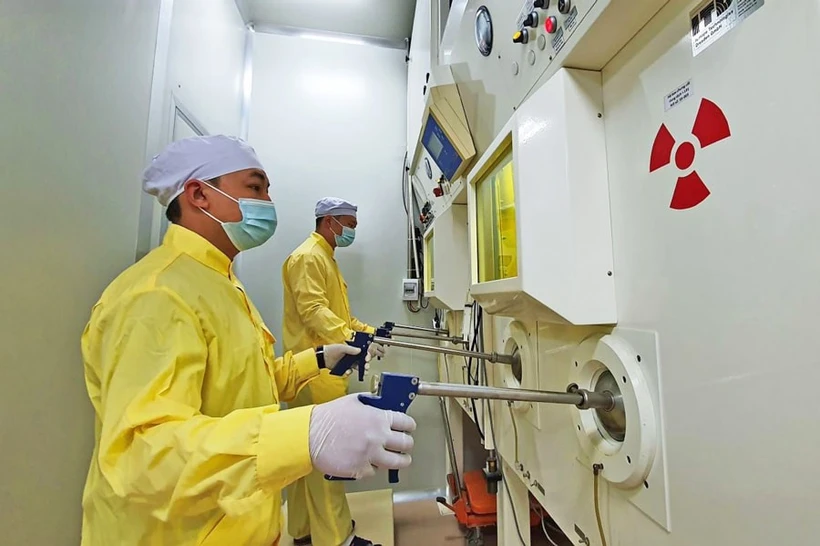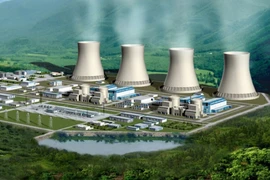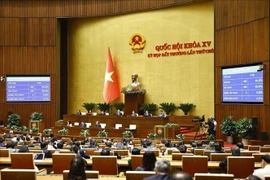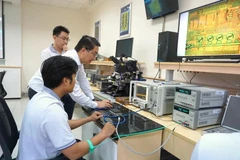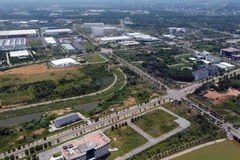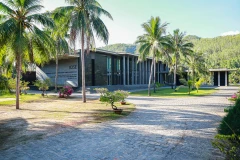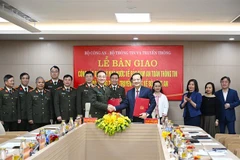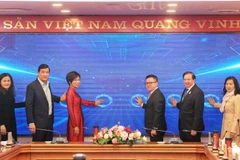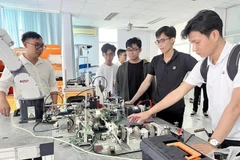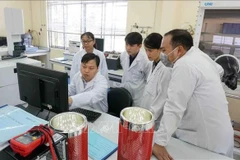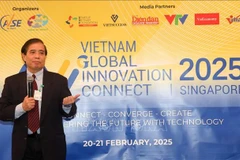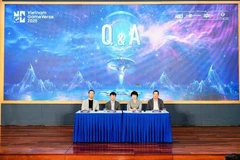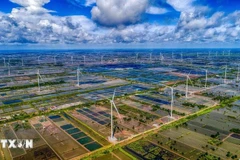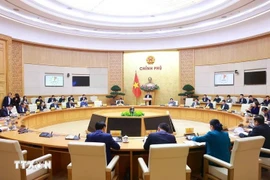Hanoi (VNA) – While nuclear energy is increasingly applied across various sectors of social life in Vietnam, the existing Law on Atomic Energy reveals shortcomings that no longer align with the rapid advancements in nuclear science and technology, as well as the demands of international integration.
Recognising the importance of nuclear energy in advancing the nation's socio-economic development, the National Assembly (NA) passed the Law on Atomic Energy in 2008.
This marked the first time Vietnam had established a legal framework governing nuclear energy, particularly in relation to reactors and power plants.
The law provided a legal foundation for implementing the Party and State's policy of promoting the peaceful use of nuclear energy.
However, according to Nguyen Tuan Khai, Director of the Vietnam Agency for Radiation and Nuclear Safety under the Ministry of Science and Technology, the law has become outdated, particularly due to the rapid pace of development in nuclear science and technology, especially in radiation and nuclear sectors.
Moreover, the amendment and addition of several laws related to the enforcement of the Law on Atomic Energy have led to overlaps in the management functions of various ministries, complicating the implementation of the law.
During its eighth session, the 15th National Assembly passed Resolution No. 174/2024/QH15, which mentions Vietnam’s policy of investing in the Ninh Thuan nuclear power projects.
The legislature tasked the government with promptly allocating resources for implementation in line with the conclusions of the competent authorities.
It also called for a review of amendments and additions to related laws, including the Law on Atomic Energy.
Preparing for key nuclear power projects
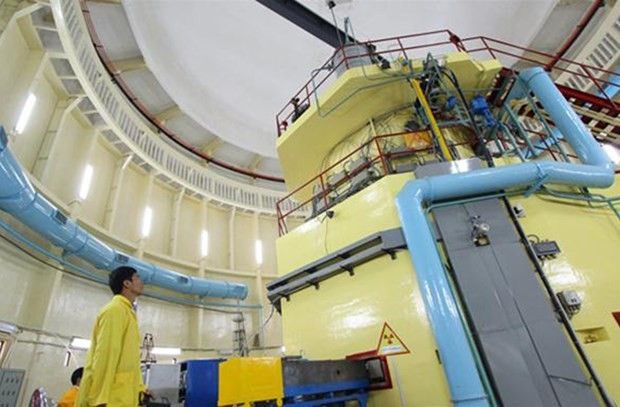
The Dalat Nuclear Research Reactor. (Photo: vinatom.com.vn)
Earlier, on January 15, the NA Standing Committee included the draft amended Law on Atomic Energy in the law-building programme for 2025.
The bill is expected to be discussed at the legislature's ninth session in May and approved in its 10th session in October.
In drafting the bill, the Ministry of Science and Technology has proposed several key policy groups, including promoting nuclear energy application, ensuring radiation safety, nuclear safety and security, as well as decentralising state management.
The draft will also address the management of radioactive waste, used radioactive sources and nuclear fuel, response to radiation and nuclear incidents, and civil liability for nuclear damage.
Additionally, the ministry is working on a national research programme focusing on nuclear technology and safety, which is expected to be launched in the first quarter of 2025.
This programme aims to enhance domestic capabilities, ensuring safe and efficient management and operation, while facilitating long-term technological development for nuclear power projects.
It is also reviewing the current status of human resources dedicated to the nuclear power programme.
Based on this evaluation, it will propose a plan to supplement personnel and provide training for the workforce involved in state management, scientific research, and technical support for nuclear power development.
This plan is expected to be submitted to the Prime Minister in the third quarter of 2025./.
